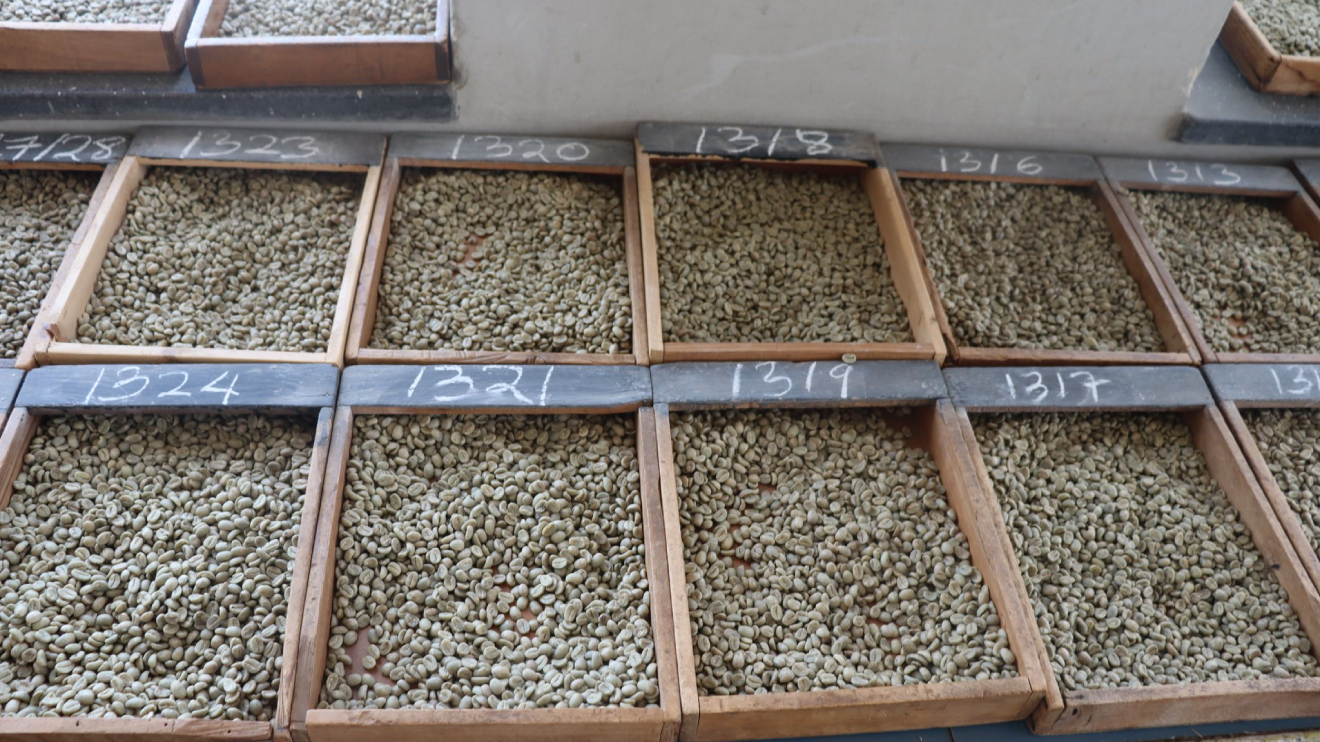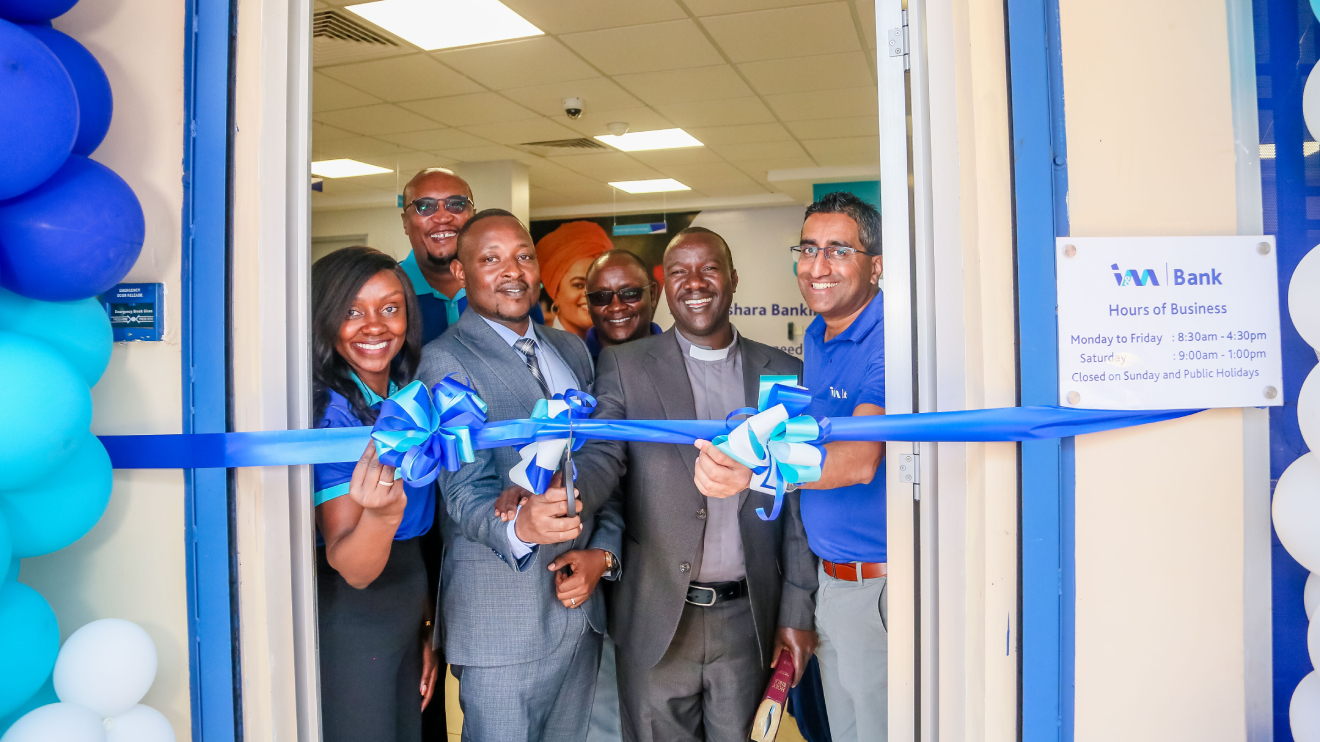The Nairobi Coffee Exchange (NCE) finds itself in the throes of a severe crisis, with both coffee volumes and prices witnessing a dramatic decline.
As traders and buyers remain cautious due to mounting uncertainty surrounding the issuance of trading permits by the State, the coffee industry in Kenya faces challenging times ahead.
Auction volumes at the NCE for the month of August have plummeted by an astonishing 95.62 per cent, dwindling from 4,380 tonnes in the previous year to a mere 192 tonnes this year.
This significant decrease in trading activity is affecting the competitiveness of bids, given that up to 80 per cent of Kenyan coffee transactions occur through this exchange.
Adding to the grim situation, only 58 out of 121 licensed coffee buyers approved by the Agriculture and Food Authority for the 2023/24 season have registered at the NCE to participate in auctions.
Read More
This reduced participation has pushed the average price for a 50-kilogramme bag of coffee beans down by 31.13 per cent, from Sh266.32 to Sh183.41.
The root cause of this drastic fall in volumes on the exchange's floor is primarily attributed to contracted millers who have been unable to secure trading licenses issued by county governments.
This has disrupted the flow of coffee volumes into the exchange, discouraging international buyers and ultimately diminishing demand for Kenyan coffee.
This challenging scenario continues a pattern of chaos that began in July when a significant number of brokers lost access to the market, causing a standstill in the auction. NCE Chairman Peter Gikonyo, however, maintains that no licenses were suspended.
"I am not aware of the suspension of any licenses as the licenses were to expire at the end of June, which marked a transition from previous regulations. I would encourage brokers to comply and make applications for licenses with their respective regulators," Gikonyo said.
The consequences of this situation are dire for coffee millers, who are now considering laying off thousands of workers to mitigate their financial losses.
James Muriithi, representing seven of the largest coffee millers, declared, "We do not have trading licenses and as a result, we are not able to sustain our workers. Before the end of October, we will be laying off a substantial part of our staff who number more than 18,500."
Furthermore, coffee traders are distressed by the fact that no coffee has been certified in the current licensing cycle that commenced in July.
This lack of certification is pushing global coffee roasters, including renowned chains like US-based Starbucks, to seek coffee from alternative markets.
Among the ongoing reforms in the coffee sector is the introduction of a direct settlement system (DSS).
While the Co-operative Bank has secured the contract to provide the DSS, the system has faced resistance from certain coffee sector stakeholders.
In response to the crisis, coffee stakeholders have called on the government to issue them interim licenses to trade as reforms continue.
Principal Secretary Kello Harsama has promised to relay their concerns to Deputy President Rigathi Gachagua and President William Ruto for resolution.
Deputy President Gachagua emphasized last month that the coffee sector reforms are "unstoppable," with some proposals expected to become law by December.
Several policy documents have been lined up to revive the sector, including Draft Sessional Paper Number 1 of 2023 on sustainable quality coffee production, the Coffee Bill 2023, the Draft Co-operatives Bill 2023, and Sessional Paper No. 1 of 2020 on the National Co-operative Policy.
The Coffee Bill, in particular, aims to reorganize the coffee industry by shifting regulatory and commercial roles from the Agriculture and Food Authority to the Coffee Board of Kenya.
It also seeks to transition coffee research from the Coffee Research Institute under the Kenya Agricultural and Livestock Research Organization to the Coffee Research Institute.


-1757586635.jpg)






